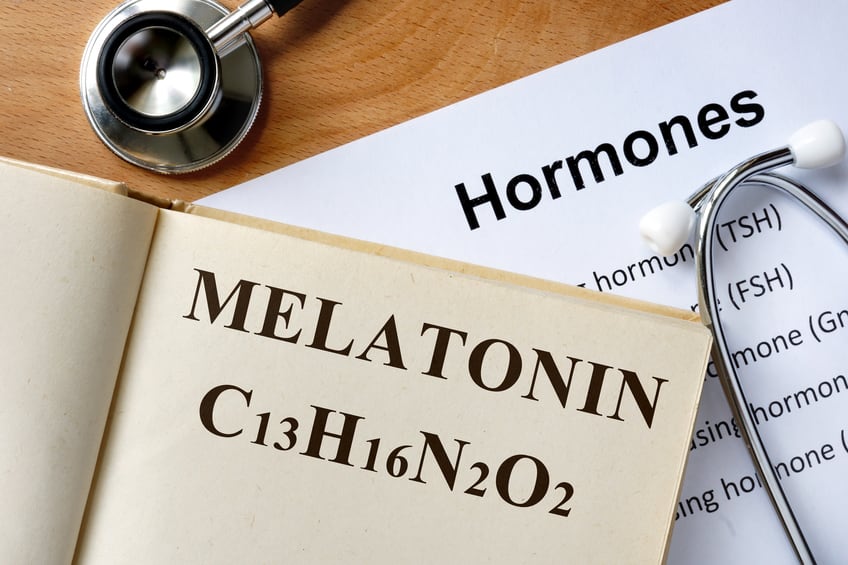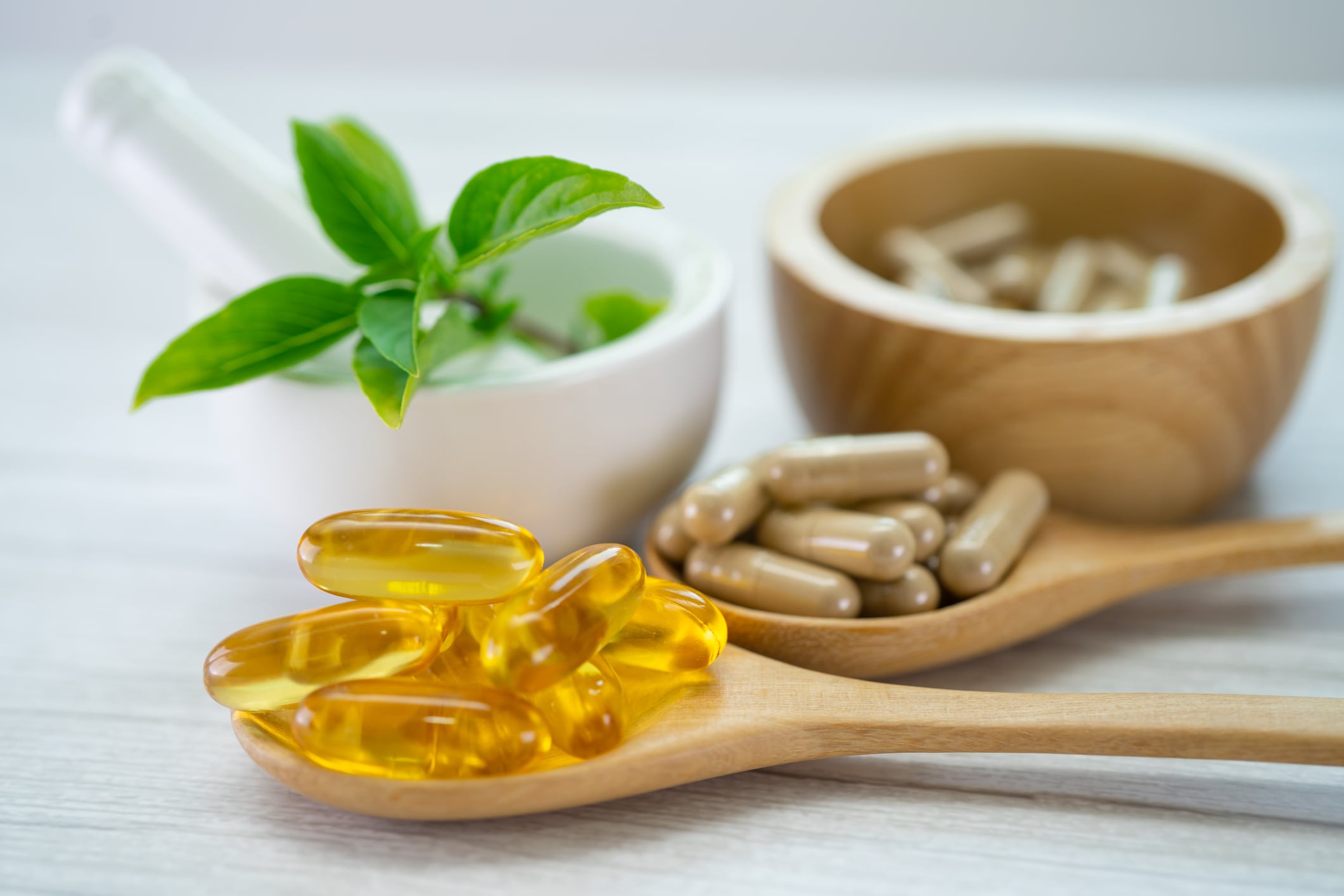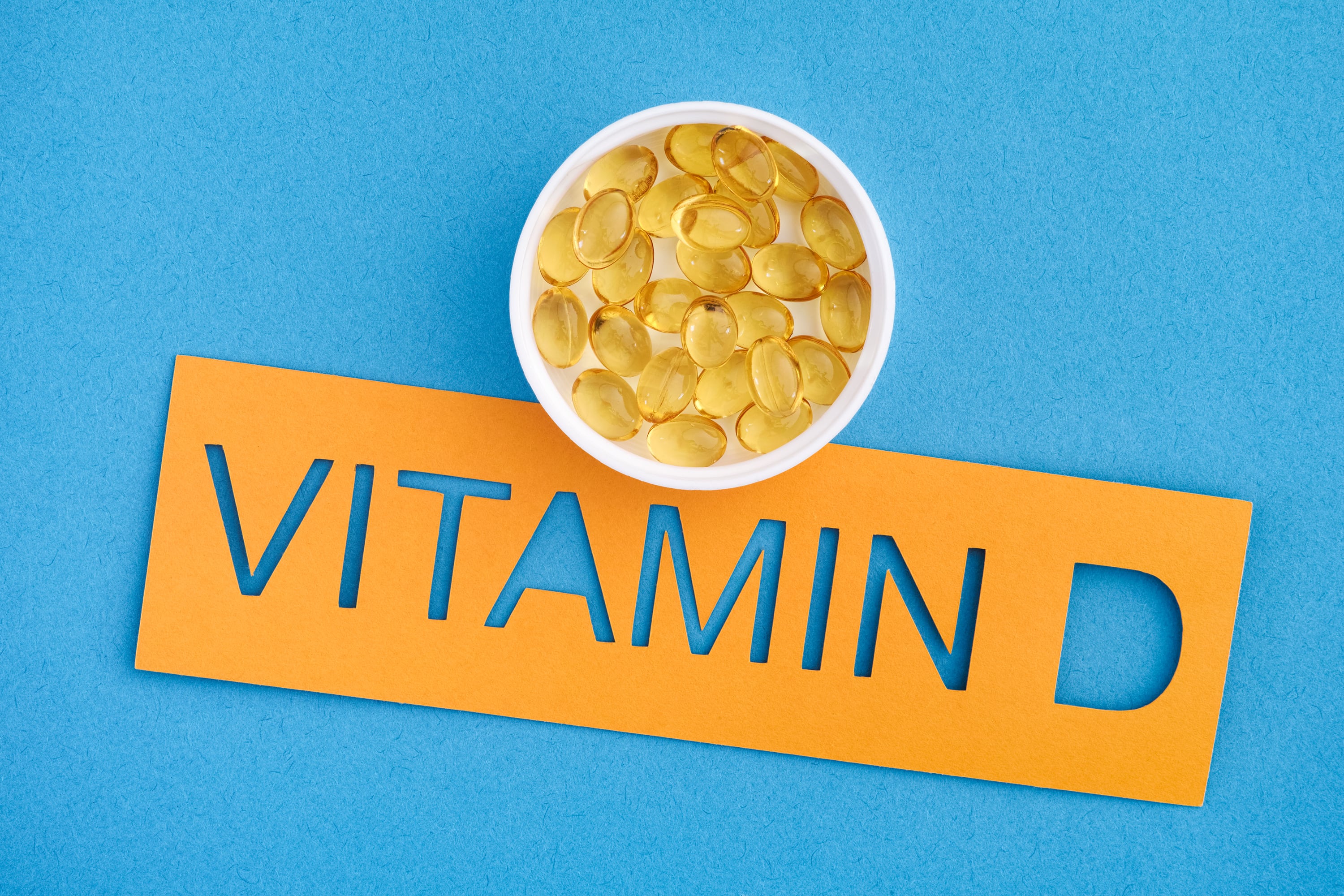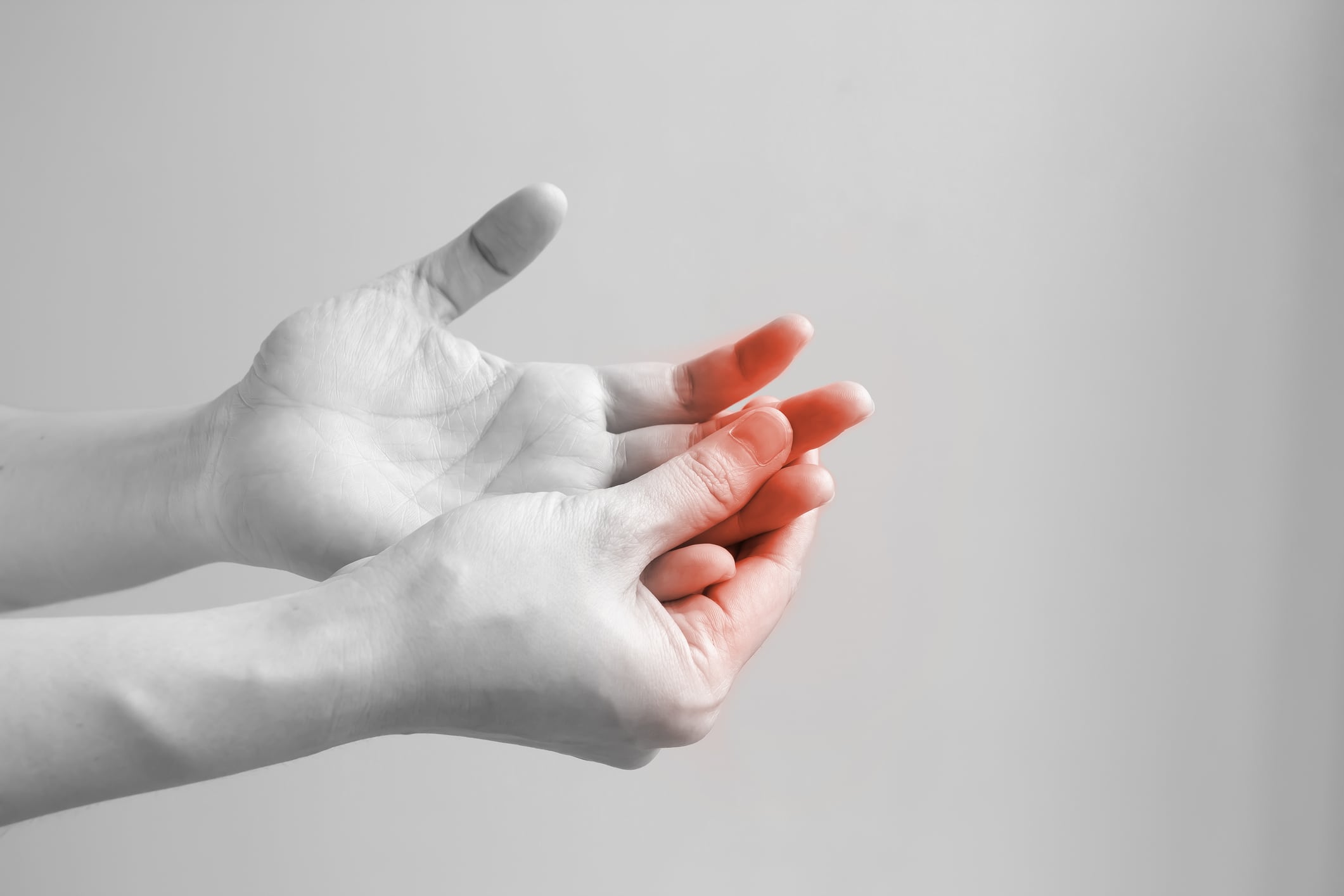Eight out of 18 inspected had significantly higher amounts of melatonin, while three had significantly less than the amount labeled.
Most of these melatonin products came from US brands. One product contained no melatonin in any of the 10 units tested, when the label stated an amount of 10mg.
The 18 imported products were intercepted at the Australian border between January and September this year on suspicion that they were substandard or falsified.
The TGA tested these products by measuring the actual average content of melatonin as compared to the labeled amount, and the variation in the content across individual dosage units.
Out of the 18 samples tested, only five were found to have an acceptable average content - where the melatonin levels were between 90% to 110% of the labeled amount.
These products were Life Extension Melatonin 300 mcg Vegetarian Capsules, Sanofi Novanuit Triple Action 1mg Melatonin + Plant extracts Tablets, MZS Melatonin Tablets, Metorip-20 Melatonin Mouth Dissolving Tablets 20 mg, and CURE-STRESS Melatonin 10 mg Softgel Capsules.
They were found to contain melatonin which was 89.1%, 85.1%, 97.1%, 95.3%, and 102.4% of the labeled amount respectively.
Three products were found to contain significantly lower amount of melatonin as compared to the labeled amount.
Aside from the product where no melatonin was detected, the other two had amounts that were between 37% to 59% lower and between 79% to 97% lower than the labeled amount.
On the other hand, some products had amounts significantly higher than labeled.
One of them had melatonin content that was between 209% to 417% higher than labeled and contained the greatest discrepancy.
Some of the others also had amounts that were between 155% and 170% and 140% and 170% higher than the labeled amount.
Relative standard deviation
The TGA also tested the relative standard deviation (RSV) of the same product in 10 individual units.
A lower %RSD indicates a lower amount of variation in the content of the active ingredient across the individual dosage units, while a higher %RSD indicates a broader spread in the content.
Out of the 18 products tested, six had variation in the content of melatonin (%RSD) of more than 6.0% - which falls outside of the acceptable limit.
The largest variations came from three products of the same brand, where the %RSD was 33.2%, 24,3%, and 22.9%.
Safety concerns
The TGA has since issued a safety advisory regarding imported unregistered melatonin products, and highlighted of risk of taking such products especially among children.
“The results indicate significant discrepancies in the actual melatonin content compared to the labelled amounts. One product contained more than 400% of the labelled content and another containing no melatonin at all.
“This variability in melatonin content raises serious safety concerns for consumers, including the risk of hospitalization and accidental overdose, especially in children,” the regulator said in the safety advisory.
In Australia, melatonin products are classified as pharmacist-only medicines or prescription-only medicines.





